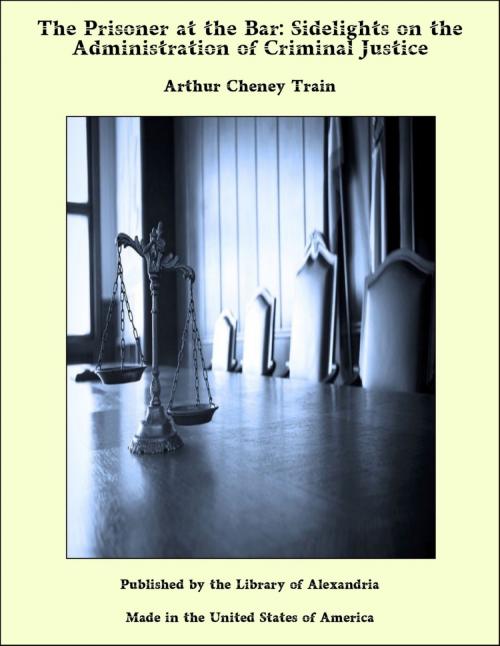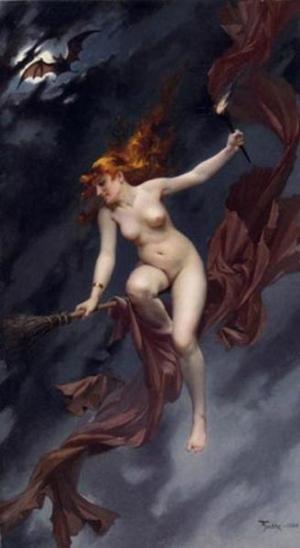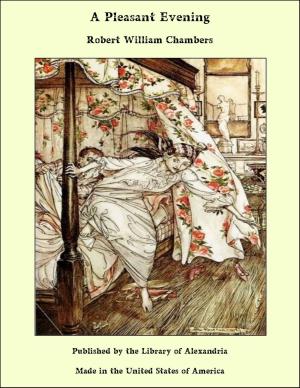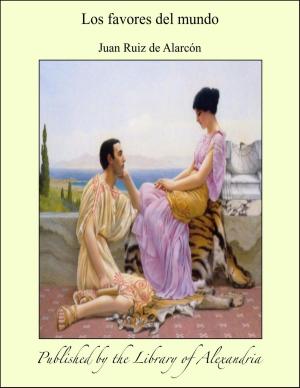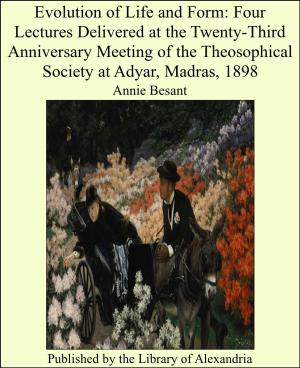The Prisoner at the Bar: Sidelights on the Administration of Criminal Justice
Nonfiction, Religion & Spirituality, New Age, History, Fiction & Literature| Author: | Arthur Cheney Train | ISBN: | 9781465625335 |
| Publisher: | Library of Alexandria | Publication: | March 8, 2015 |
| Imprint: | Language: | English |
| Author: | Arthur Cheney Train |
| ISBN: | 9781465625335 |
| Publisher: | Library of Alexandria |
| Publication: | March 8, 2015 |
| Imprint: | |
| Language: | English |
A crime is any act or omission to act punishable as such by law. It is difficult, if not impossible, to devise any closer definition. Speaking broadly, crimes are certain acts, usually wrongful, which are regarded as sufficiently dangerous or harmful to society to be forbidden under pain of punishment. The general relation of crimes to wrongs as a whole is sometimes illustrated by a circle having two much smaller circles within it. The outer circle represents wrongful acts in the aggregate; the second, wrongful acts held by law to be torts, that is to say, infractions of private rights for which redress may be sought in the civil courts, and the smallest or inner circle, acts held to be so injurious to the public as to be punishable as crimes. This does well enough for the purpose of illustrating the relative proportion of crimes to torts or wrongful acts in general, and, if a tiny dot be placed in the centre of the bull's-eye to represent those crimes which are actually punished, one gets an excellent idea of how infinitely small a number of these serve to keep the whole social fabric in order and sustain the majesty of the law. But the inference might naturally be drawn that whatever was a crime must also be a tort or at least a wrong, which, while true in the majority of instances, is not necessarily the case in all. In a certain sense crimes are always wrongs or, at least, wrong, but only in the sense of being infractions of law are they always wrongs or wrong.
A crime is any act or omission to act punishable as such by law. It is difficult, if not impossible, to devise any closer definition. Speaking broadly, crimes are certain acts, usually wrongful, which are regarded as sufficiently dangerous or harmful to society to be forbidden under pain of punishment. The general relation of crimes to wrongs as a whole is sometimes illustrated by a circle having two much smaller circles within it. The outer circle represents wrongful acts in the aggregate; the second, wrongful acts held by law to be torts, that is to say, infractions of private rights for which redress may be sought in the civil courts, and the smallest or inner circle, acts held to be so injurious to the public as to be punishable as crimes. This does well enough for the purpose of illustrating the relative proportion of crimes to torts or wrongful acts in general, and, if a tiny dot be placed in the centre of the bull's-eye to represent those crimes which are actually punished, one gets an excellent idea of how infinitely small a number of these serve to keep the whole social fabric in order and sustain the majesty of the law. But the inference might naturally be drawn that whatever was a crime must also be a tort or at least a wrong, which, while true in the majority of instances, is not necessarily the case in all. In a certain sense crimes are always wrongs or, at least, wrong, but only in the sense of being infractions of law are they always wrongs or wrong.
